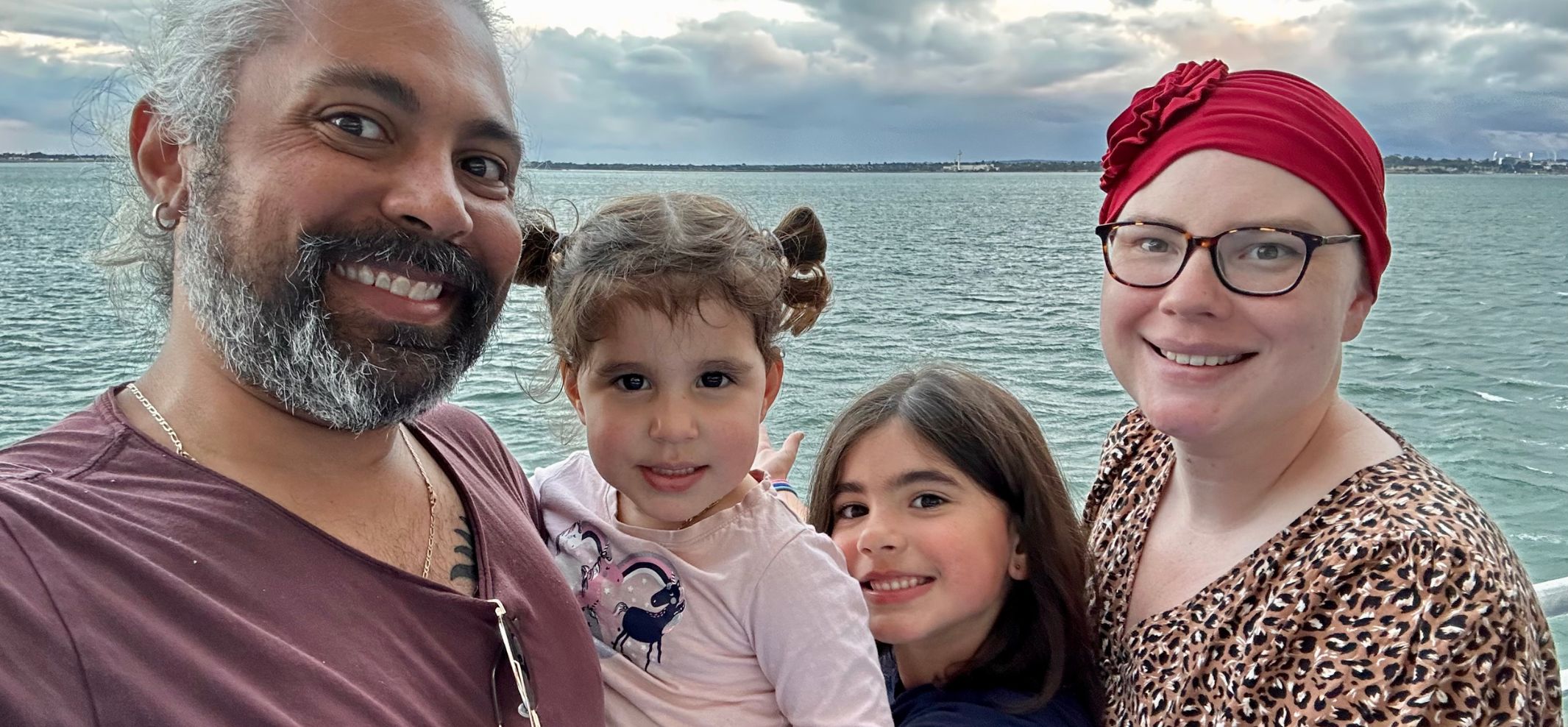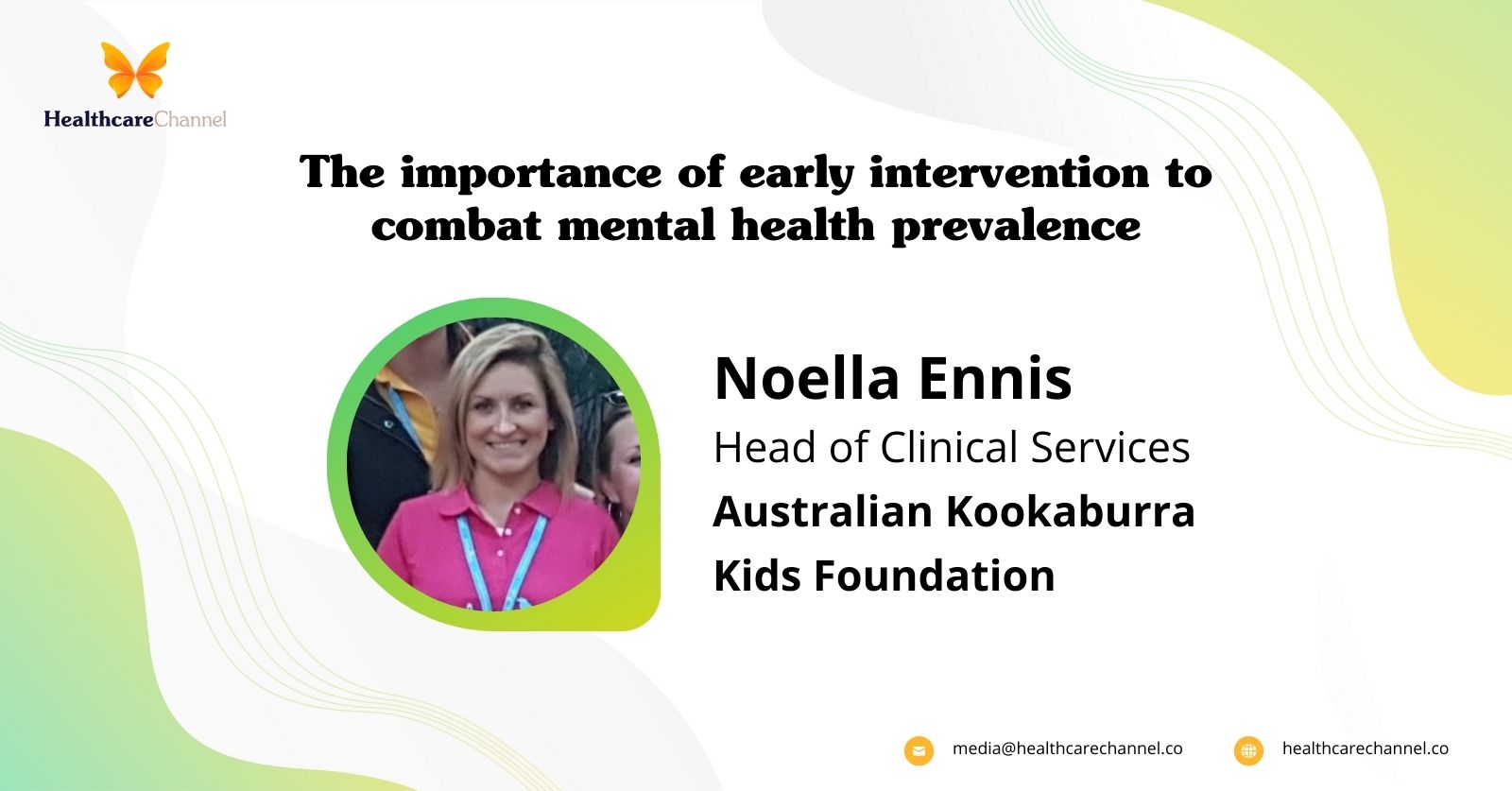Towards the end of the 20th century tech giants such as IBM and Microsoft invested in healthcare with mixed success. In the first decade of the 21st century other tech giants like Google and Apple have been increasing their health portfolio investment quietly behind the scenes again with mixed result. Recent news of non-traditional healthcare players making significant investments into health care has stirred up the latest round of interest and discussion in the global healthcare community (at least for those paying attention!).
Examples of those grabbing headlines includes Amazon, Berkshire and JP Morgan joint venture headed by respected global health leader Dr Atul Gawande, the US$ 1 billion acquisition of PillPack by Amazon, a series of announcements by UK based Babylon of new partners (Samsung and Tencent) and launching new AI powered digital health services, recent reported US$1billion plus IPO by the China based Ping An Good Doctor in Hong Kong. There is a sense that the momentum of new entrants disrupting healthcare industry is picking up pace.
Some of the key factors drawing these tech giants into the health care space include:
- Global health market is conservatively estimated to around US$7 trillion and growing.
- They are looking at new areas for expansion.
- Health systems around the world are facing sustainability pressures.
- Widening unmet needs for health care services presents opportunities.
- They already provide services to some key determinants of health and well-being – food, retail, recreation, accommodation and transport.
- New generation of aging baby boomers with resources are prepared to pay for better care and services.
- They already have connections and relationships with large proportion of population.
Digital platform organisations
What makes these tech giants different from other tech giants of the past? They are digital platform organisations. The most well–known are largely Americans (FaceBook, Amazon, Apple, Microsoft and Google, often referred to as FAAMG) and Chinese firms (Alibaba and Tencent).
Hot on the heels of these American and Chinese tech giants are other organisations from within their own country such as Baidu, JB Com, Huawei in China, and Netflix, IBM, CISCO, Walmart in the US. Outside of America and China serious contenders includes Softbank (Japan), Samsung (Korea), SAP, Phillips (Europe) and Tata (India). These organisations share certain common features:
- They either own and/operate a significant digital platform.
- They investment heavily in cutting edge digital (AI, blockchain, cloud computing), physical (robotics, 3D printing, wearables, new materials) and biological (genomics) technologies.
- Their digital platform is supported by supercomputing capabilities – processing, storing, analytics and predictive modelling.
- Their technology architecture enables the fast development of own new applications as well as adoption of other third parties applications.
- Their technology and business model is design to make it easy and affordable for both consumers and providers of service/products to be part of their network.
- Their technology and business model enables rapid adoption, modifying, scaling, and downsizing.
- They are driven by creating value for their network users (both consumers and providers of services/products).
- They augment their physical services with digital online services that allow them to operate across time zones and geographical locations.
- Data and the interactions between their users are the fuel for their business model to create value.
- They have diverse industries portfolio and are main investors behind young unicorn start-ups globally.
Not too long ago these tech giants pretty much stick to their respective eCommerce, social media, messaging, search engine, smart devices and consumer products markets. The very nature of their platform business models however requires them to constantly look at providing more services to their users. This has resulted in two key movements:
- Their entry into new services such as cloud computing, banking, insurance, share riding, robotics and wearables.
- Crossing over into each other’s traditional markets.
Disruption to industries
Globally, these tech giants have disrupted a number of industries including taxis, accommodations, retail, music, publishing, photography, logistics, manufacturing, and IT services. To-date there remains a number of industries that have not been significantly disrupted by these tech giants.
These include healthcare, banking, insurance, education, construction & infrastructure redevelopment, housing, energy, transport (sea, air, rail and road), food supply and production and professional services (accounting, legal, architecture and engineering). These will be the new markets for these tech giants. Some incumbents in these industries are making serious efforts to transition to either collaborate or compete with these new entrants.
The jury is still out whether these incumbents can make the transition. To succeed they have to overcome a number of big factors:
- speed of decision making,
- appetite for new ideas,
- quantum of investment,
- taking a long term view and
- ability to absorb short term set-backs
These tech giants knocking on their front door are prepared to make quick decisions and comfortable to operating in a fast and constantly changing environment. The size of their investments is staggering and the diversity of their investments is breath-taking. Case in point is the current investment portfolio of the much publicised US$100 billion SoftBank Vision Fund that includes biotechnology, insurance, construction, ecommerce, property, semiconductors, agrotechnology, digital mapping, self driving cars, robotics software, data infrastructure, healthcare and online payments and virtual reality.
Entry into healthcare
These new players will bring with them a whole suite of new and converging technologies that will push several boundaries in healthcare services. They will also bring with them insights, lessons learnt, and expertise developed from their diverse portfolio. Early targets will be in any health services where data can be digitalised, AI and machine learning applications developed such as in early screening, assessment, monitoring, diagnostics and certain treatment therapies. This will change the landscape of self-care, home-care, community care, residential care, primary care and hospital care in the next 5 to 10 years.
As these new entrants make their entry into health care they will and are finding at this stage a “challenging and difficult” reception from incumbents. This is nothing new to them. New entrants are more likely to make progress quickly at the “edges” where the incumbents have fleeting interest or have run out of new ideas of what to do. Conversely, new entrants trying to enter into the core services of the incumbents are unlikely to make progress for the simple reason that in the core services incumbents’ vested interest, influence and power are strongest.
So where can we find the current edges in health care – this will be where there is the significant unmet need and where there is the greatest dissatisfaction amongst current users of health services. Mental health services, access to primary care, access to elective treatment and anything to do with non-acute services for seniors.
Partners for these tech giants
For these tech giants to succeed in healthcare they will need to find health leaders and organisations to partner with. Tech giants will be looking for health care partners that these tech giants that share their vision, appetite for change and ability to harness the potential of new technologies.
The millennials working in healthcare are obvious candidates but there are others. That is why the appointment of Dr. Atul Gawande as CEO of the new Amazon, Berkshire and JP Morgan health venture is such a master stroke. Recent events unfolding in NHS England with movements to accelerate the adoption of a digital first primary care service model is also very encouraging.
Final word
Many challenges lie ahead for these tech giants and their health partners. No doubt not everything they try in the healthcare space will work and there be some dead-ends, detours and pausing. There is no doubt and the data points of their interest in health care are clear. They are here to stay.
The recent reported quote by Jeff Bezos on their new health venture is worth noting “we said at the outset that the degree of difficulty is high and success is going to require an expert’s knowledge, a beginner’s mind and a long term orientation”.
What works in their favour is that they understand the importance of needing to constantly add value to the changing needs of their users. To the incumbents and decision makers in healthcare industry (clinicians, politicians, policy makers, health funders and providers, board members, Chief Executives and union leaders) ready or not you have new company – the tech giants!
Chai 。仁材 Chuah 蔡
is the founder of Health System Transformation Limited. A New Zealand Company, he started after he finished up as the Director-General of Health
and Chief Executive of the New Zealand Ministry of Health on February 2018.
He is the first Asian to be appointed as Chief Executive in the New Zealand public service. His previous roles included the National Director
of the National Health Board, Chief Executive of a District Health Board, Chief Financial Officer, and Chief Operating Manager in public health institutions in New Zealand
His focus is currently writing, speaking, sharing, and advising on:
1. future of healthcare
2. leaders we need
3. better care for our seniors (elderly)
He currently also provides mentoring and coaching for up and coming leaders, especially in healthcare.
In his free time, he enjoys travelling with his wife, spending time with his adult children, and a brand new granddaughter. He also enjoys pottering around his garden and developing hs newfound hobby of drawing





















